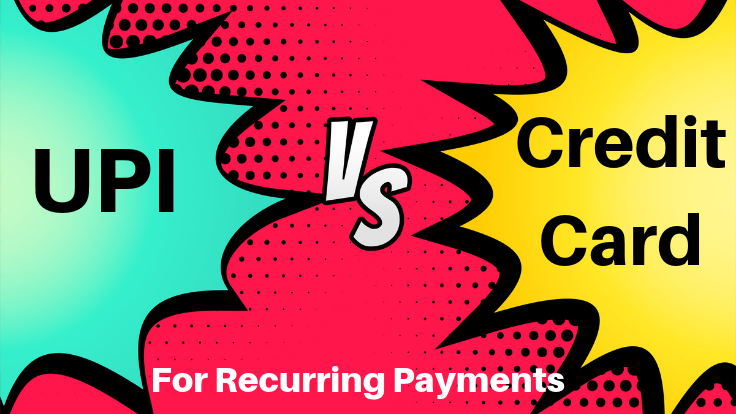Payment Gateway services play a pivotal role in modern e-commerce. These services act as intermediaries between merchants and customers. They facilitate secure online transactions by encrypting sensitive information. Consequently, businesses can offer various payment methods to their clients. This convenience helps in boosting sales and customer satisfaction. Furthermore, it enhances the overall shopping experience.
How Payment Gateway Services Work
The functioning of Payment Gateway services is straightforward yet crucial. Initially, the customer chooses a product and proceeds to checkout. Next, the payment gateway encrypts the payment details. It then sends this data to the acquiring bank for authorization. Once approved, the transaction is processed, and the funds are transferred. This entire process happens within seconds, ensuring a smooth transaction.
Benefits of Using Payment Gateway Services
Payment Gateway services offer numerous advantages to businesses and customers alike. For businesses, they reduce the risk of fraud by providing secure transaction channels. Moreover, they support multiple currencies, enabling global sales. For customers, they offer a seamless and secure checkout experience. This trust encourages repeat purchases and brand loyalty. Therefore, integrating a reliable payment gateway is essential for any online business.
Choosing the Right Payment Gateway Service
Selecting the right Payment Gateway service is vital for business success. Start by considering the security features offered. Look for services that comply with Payment Card Industry- Data Security Standard PCI-DSS. Additionally, evaluate the transaction fees and other costs involved. It’s also important to ensure compatibility with your website platform. By doing so, you can ensure smooth integration and operation.
Major trends in Payment Gateway Services
Several key trends are currently shaping the landscape of Payment Gateway services. One of them is biometric authentication which includes fingerprint scanning, facial recognition, and voice recognition. Another is the integration of artificial intelligence and machine learning. These technologies help in detecting and preventing fraudulent activities in real-time.
Additionally, the adoption of cryptocurrencies as a payment option is gaining momentum. This offers customers more flexibility and businesses the potential to tap into new markets. Emerging technologies like blockchain and AI are shaping the future of online payments. These innovations promise even greater security and efficiency and newer technologies can provide businesses a significant edge.
Adapting to a Mobile-First World
The shift towards mobile-first strategies is another significant milestone in Payment Gateway services. With the increasing use of smartphones for online shopping, payment gateways are optimizing their platforms for mobile users. Features like one-click payments and mobile wallets are becoming standard. Furthermore, the development of progressive web apps (PWAs) offers a seamless and app-like experience on mobile browsers. As a result, businesses can cater to the growing number of mobile shoppers. This adaptability is crucial for maintaining a competitive edge in the market.
Payment Gateway services provide the security and convenience necessary for successful online transactions. By understanding how they work and their benefits, businesses can make informed choices. Selecting the right service and staying updated on trends is crucial. Ultimately, a robust payment gateway can significantly enhance business growth and customer satisfaction.



